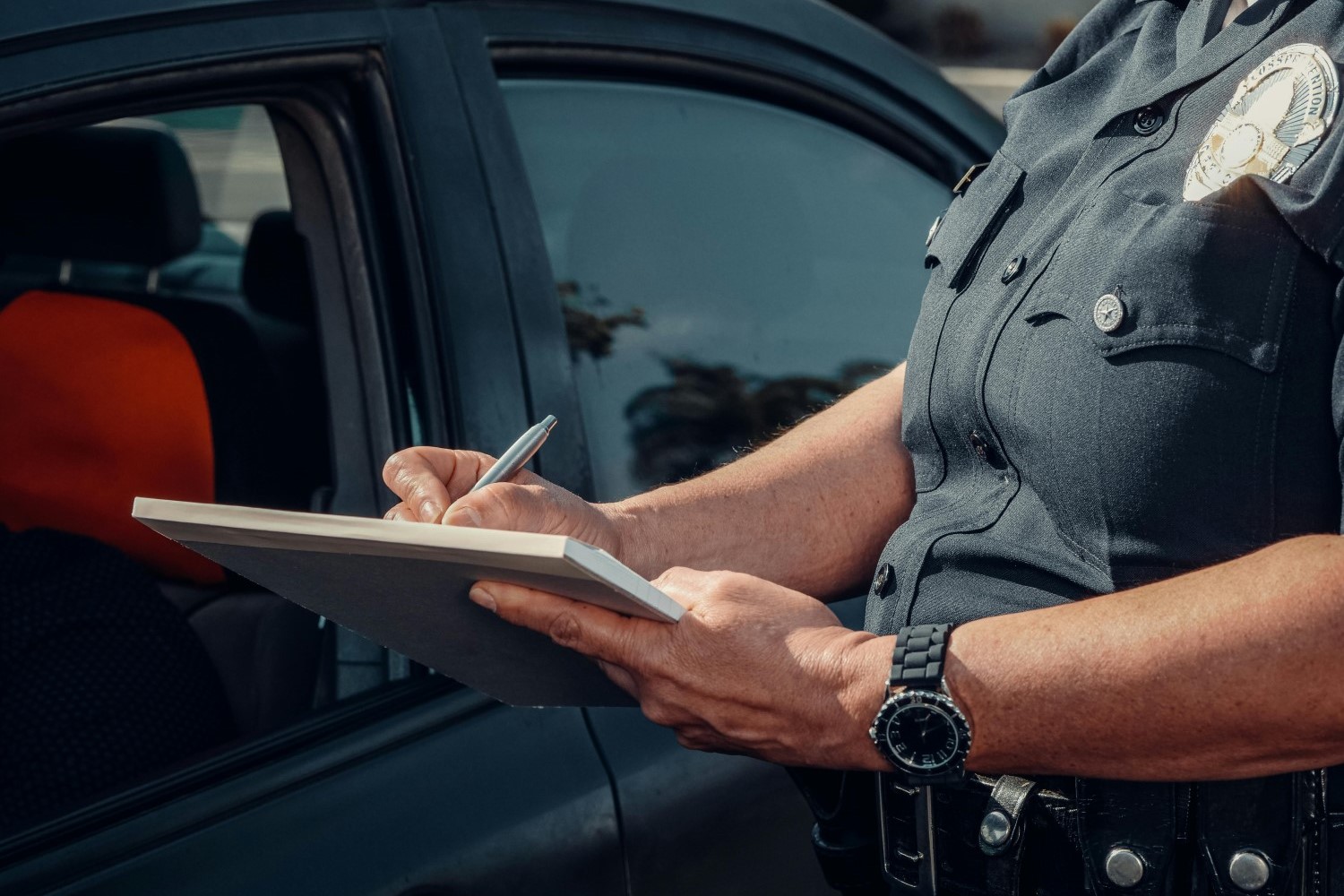Automotive News: What Happens if You Get an Out-Of-State Speeding Ticket?
The National Highway Traffic Safety Administration (NHTSA) says that speeding endangers people’s lives on the road. The agency reports that as of 2023, 11,775 people were killed as a result of speeding.
If you were speeding and received a ticket somewhere outside your state, the resulting process can be a bit tricky. Every state works under a set of laws and regulations as to what to do after getting an out-of-state ticket, leaving you confused about what to do next. For example, can your NC license be suspended for an out-of-state ticket? The answer is yes, North Carolina can suspend your license if you fail to address traffic violations received in another state.
Let’s discuss the details involved in resolving an out-of-state speeding ticket.
Understanding the Ticket Process
It is important to know the procedures for an out-of-state ticket that will present certain complications. You need to read the ticket you have received since it highlights what you need to do to resolve your violation. At this point, you can either choose to pay a fine or contest the traffic ticket.
According to speeding ticket attorney Stuart M. Axelrod, a minor offense like speeding can result in a court hearing date, points on your license, or even a license suspension. Paying a ticket right away means you won’t have to face extra charges. If you want to contest the matter, then you’ll have to proceed with the case to an actual court hearing in the state you got the ticket from.
This process can easily intimidate an individual. It would be helpful if you had support either from near friends or online communities.
Impact on Your Driving Record
Some people may think that an out-of-state speeding ticket is insignificant, but its effects on one’s driving record will surely leave a mark. Most states cooperate by sharing driver information through the National Driver Registry, which implies that the ticket may follow you all the way back home.
Upon conviction, points are assessed against your driver license. The more points you receive, the more your license is at risk of being suspended. Bear in mind that these points count against your driving record yet somehow influence how the community views you.
The community wants you to be a responsible driver, and managing your profile is a step in doing that. So keep on top of things and deal with any traffic ticket immediately to protect your reputation and rights as far as driving is concerned.
Insurance Consequences
Getting ticketed for speeding out-of-state might have serious implications on your insurance premiums. As soon as the insurer learns of the ticket, it would view you as a high-risk individual and might use your violation as a basis to increase your insurance premiums.
Usually, one expects information to not cross state lines, but according to the norm, they do. This, in turn, might also disallow one from availing of discount options or benefits for safe driving.
Initiative is of the essence here so you need to talk to your insurance agent about it. They can advise you on what to do about any potential premium hike and might help you find ways to keep your association with a community that values safe drivers in place.
Paying the Ticket vs. Contesting It
After the insurance effects of an out-of-state speeding ticket are sorted, you must decide whether to pay the fine or go to court. Choosing to pay the fine may expedite closing the process. If the fine is paid, it could lead to higher insurance rates.
Meanwhile, the opportunity to stand against a ticket may feel gratifying. In the event that you feel wrongfully charged, you may take the matter to the court to keep your record clean and avoid those instances that would cause your insurance premiums to shoot up. Be prepared, because contesting a ticket would take a lot of your precious time and energy.
Having weighed your options, go with whatever you feel is most fitting for yourself. The choice affects your driving record and insurance rates remarkably.
Dealing with Different State Laws
Speeding tickets need to be known fully well by the state laws where they are assigned. Since the traffic law varies from state to state, so do penalties, point systems, etc. Knowing some of the differences could bail you out of surprises. Some of the states may allow traffic school, while some might not.
Try to find out how this ticket will affect your driving record back home. In some states, information regarding traffic violations is shared, so the points could be transferred and may serve to increase your insurance premium.
Local legal resources or online forums might shed light on the experiences of those suffering from the same situation as you. Your familiarity with the constitution and the applicable laws will help you settle your case.
